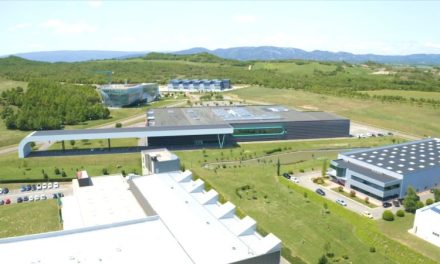 Brammer has welcomed government proposals to simplify the Carbon Reduction Commitment Energy Efficiency Scheme (CRC).
Brammer has welcomed government proposals to simplify the Carbon Reduction Commitment Energy Efficiency Scheme (CRC).
Effective since April 2010, the CRC is a mandatory emissions trading scheme which requires businesses using more than 6,000MWh of half hourly metered electricity to reduce their carbon emissions year on year. The aim is to reduce carbon emissions in larger, non-energy intensive organisations by 1.2 million tonnes of carbon each year by 2020, helping organisations to save money by reducing their energy usage.
Businesses have to report on and pay tax on energy used, and are ranked in a publicly available performance league table.
Under the new proposals, the CRC qualification process will be shortened, with the number of fuels covered reduced from 29 to just four. Meanwhile, reduced reporting will be required and records will not need to be kept for such a long period.
Jeremy Salisbury of Brammer commented, “When it was introduced, the CRC simply formalised in legislation what responsible, well run businesses were already doing anyway – reviewing all aspects of their processes to understand their plants energy needs and cut out wasteful energy consumption to help improve their energy efficiency. This is key to improving profitability, and many manufacturing companies were among those who embraced Early Action Measures such as independent energy audits which identify opportunities to reduce consumption in areas such as electric motors, drives and compressed air.
“The burden of complying with CRC requirements should not be excessive and certainly should never impact on the real priority of identifying and implementing measures to reduce energy usage and operational costs.
“The new proposals are to be welcomed as, if implemented, they will significantly cut administration time and so allow greater focus on energy reduction measures and other projects to help enhance competitiveness. As always, companies who work in conjunction with a supplier, such as Brammer, who can provide independent advice and help implement efficiency measures through the supply of authorised products which are proven to reduce energy consumption will be those who benefit most in the long term.”



